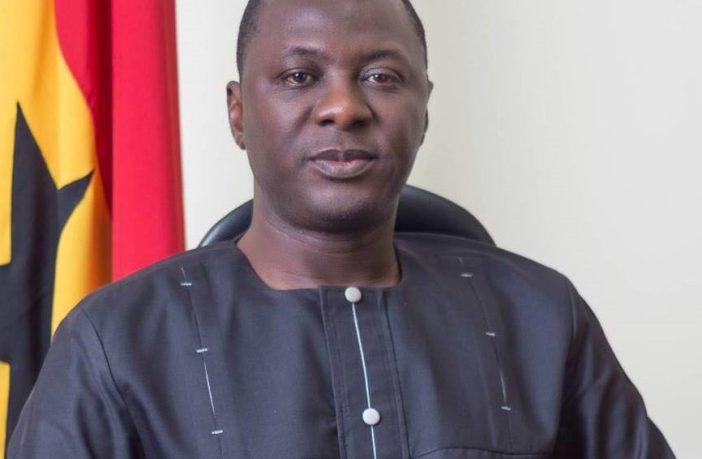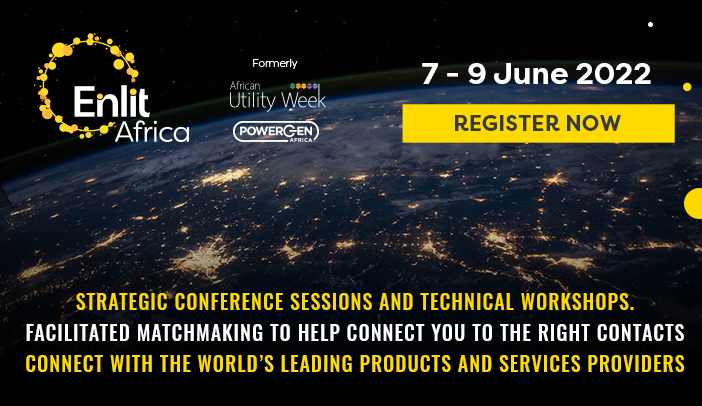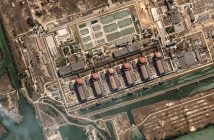Ghana’s energy sector will be a hot topic at Enlit Africa 2022
- Dr Mohammed Amin Adam, Deputy Minister of Energy in Ghana, has stated that the country will not be rushed when it comes to the energy transition.
The Deputy Minister said the government will continue to explore comprehensive and viable options to cater to Ghana’s transition from fossil fuels to renewables. He explained that the country was already putting in place measures that would ensure a seamless energy transition as Ghana joins in the world’s race towards net-zero carbon emission.
He said the key to these measures was setting up a National Energy Transition Committee (NETC) to develop a national energy transition policy.
Speaking to the media at the launch of the 2019 Ghana Extractive Industries Transparency Initiative (GHEITI) reports in Accra on 14 April 2022, Dr Adam said Ghana would transition from fossil fuels at its own pace.
Energy transition policy
The Deputy Minister said energy transition was a very important issue for the government and that was why it had set up a committee to develop Ghana’s transition policy and strategy. “So that we can transition at our own pace because it is like we are being rushed into it. Most of the developed countries who have benefited from fossil fuel have developed their countries based on the natural resources,” he said.
According to him, it took the world about 75 years to move from coal to oil and gas, yet there was a push around the world to take about 30 years to move from oil and gas to cleaner renewable energy.
“Even with the 75 years we used to transition from coal to oil and gas most countries have not given up coal, as source of their primary energy. The UK government has just approved a coal power project,” he pointed out.
The deputy minister said Ghana could not abandon oil and gas because natural gas had just been recognised by the European Union as transitional fuel given that it is considered the cleanest in the fossil chain so it could be used for power production.
Production continues
Dr Adam stated that the country would continue to produce oil and gas because it needs revenue to support its developmental agenda. He pointed out that oil was discovered in country in commercial quantities a few years ago and yet Ghana was being encouraged to transition to renewables.
As a result, he said the government would deploy mitigation programmes such as planting trees and adherence to the zero-fleeing policy for gas.
“These are some of the measures we think we can implement to reduce our mitigation but at the same time continue to produce our natural resources,” he said.
According to the Deputy Minister Africa emits only aroundt 3.6% of global emissions, while the western world emitted up to 76% of the global emissions.
“Ghana emits just about 0.012% of the emission. We want to be part of the whole world so that we can improve on the carbon capture techniques. We reduce our emissions globally but we should be spared some time to transform our economy with these resources before we can reach the goal of zero by 2050 or 2070,” he said.
Dr Adam said the government had solicited views from the citizenry and would incorporate them into developing a energy transition plan which would stand the test of time.
Author: Nomvuyo Tena
Nomvuyo Tena is a Content Producer at Vuka Group and is as passionate about the energy transition in Africa as she is about music and Beyonce.
This article was originally published on ESI Africa and is republished with permission with minor editorial changes.













